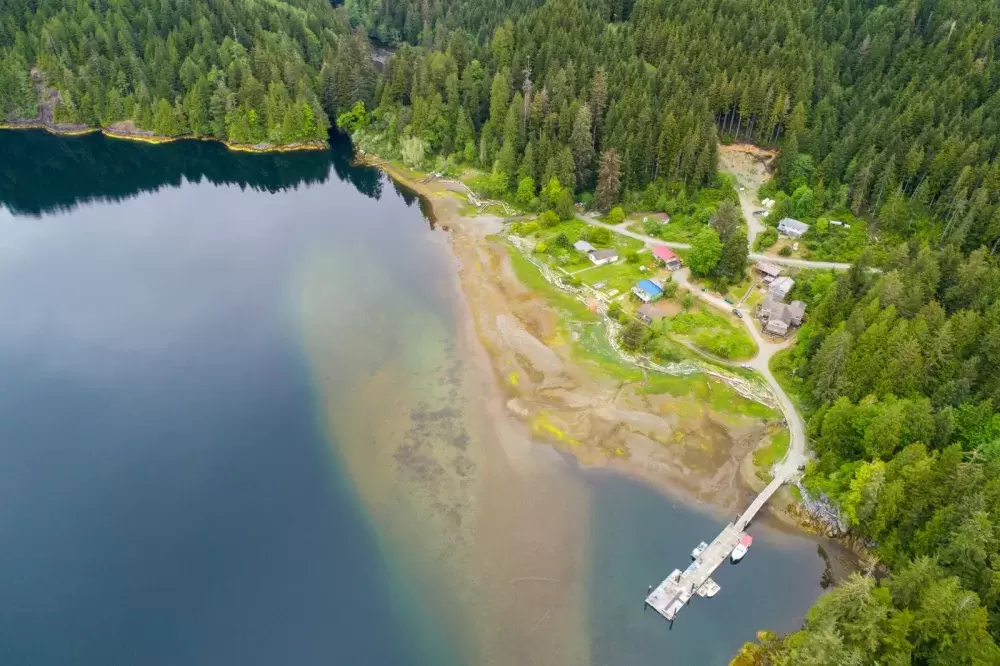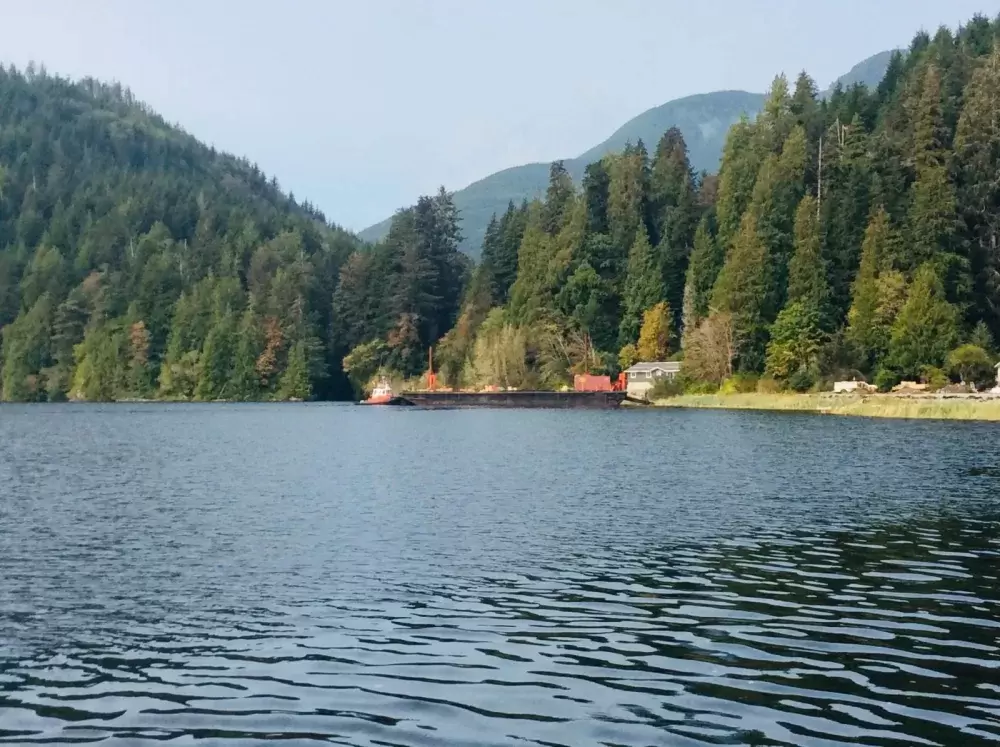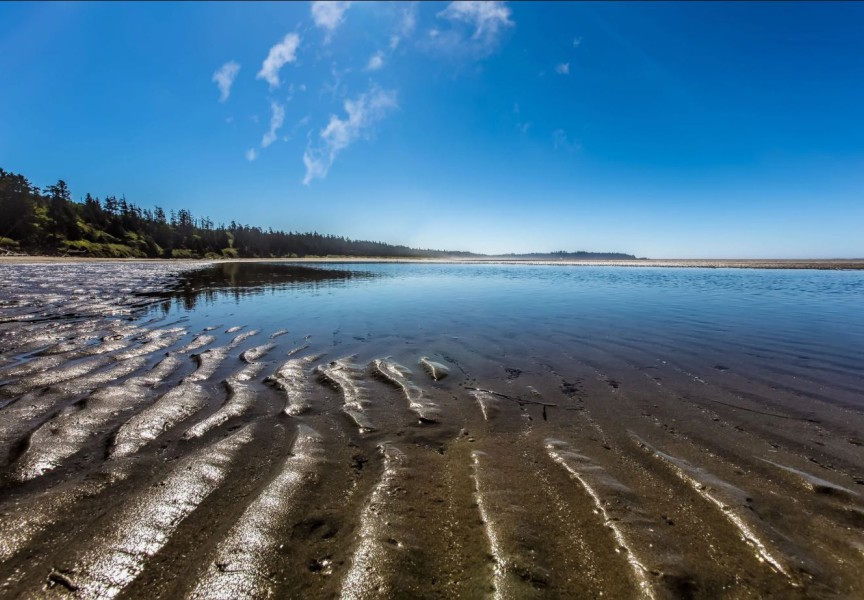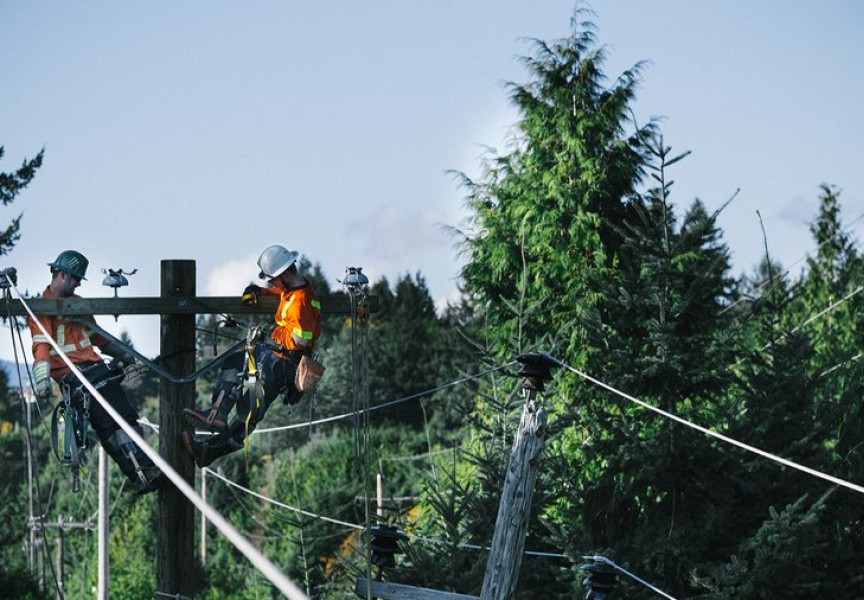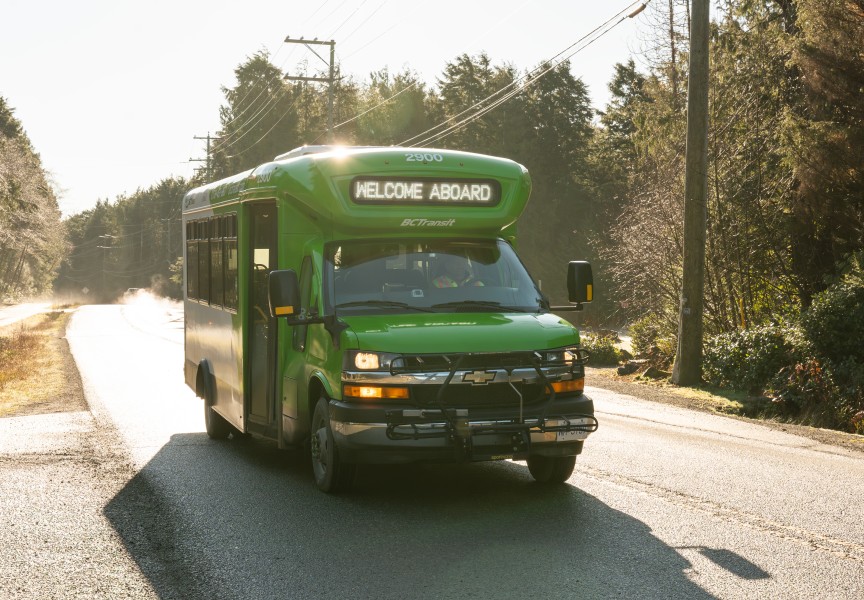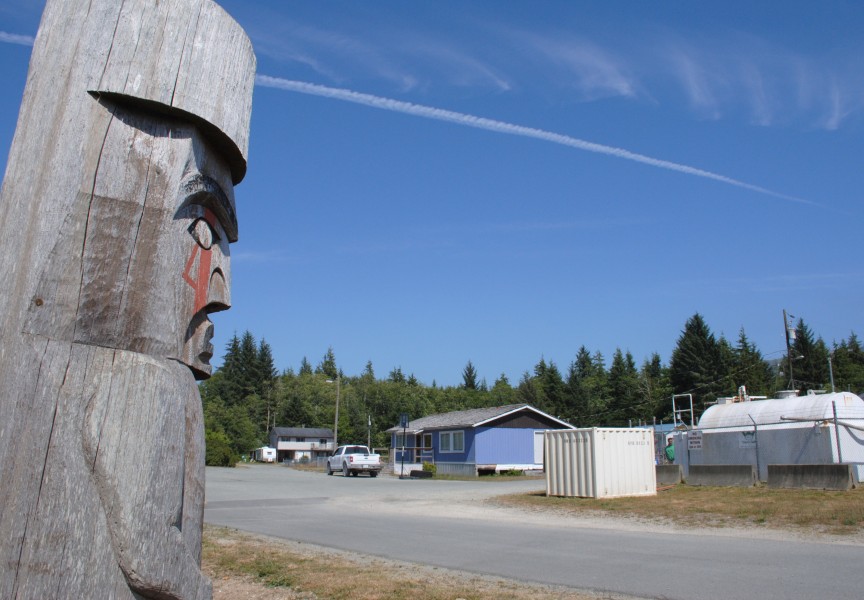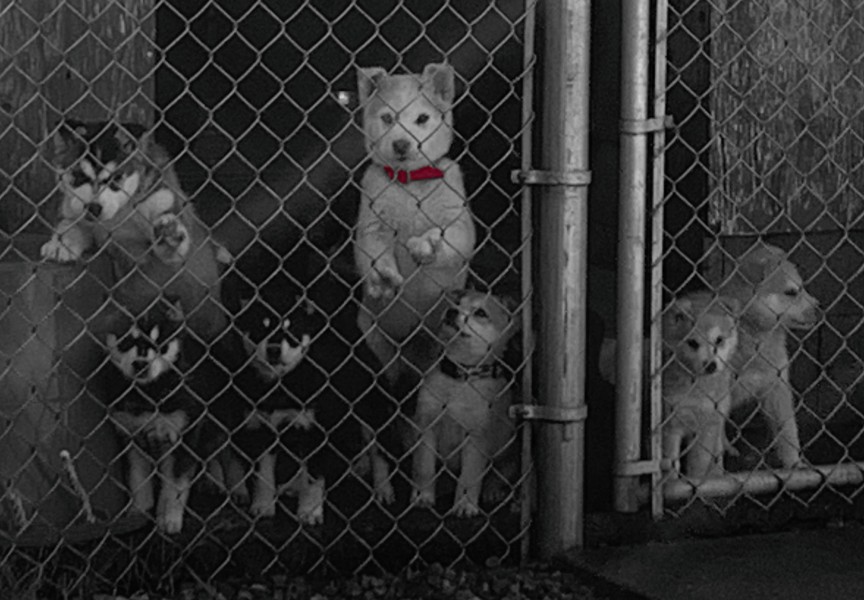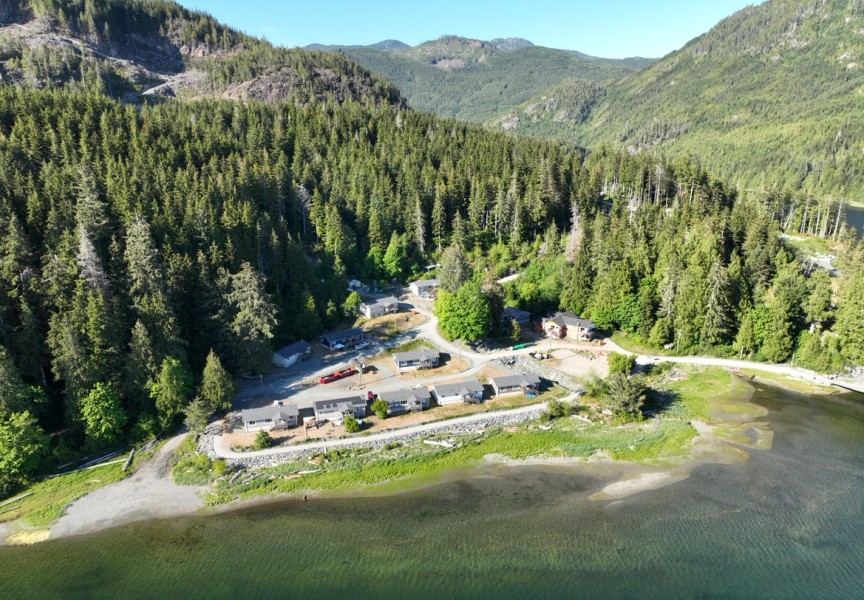The small and remote Nuu-chah-nulth village of Ethlateese is working towards relying less on fossil fuels for electricity thanks to a grant from the province’s Community Energy Diesel Reduction (CEDR) program.
The First Nation village, located in the Uchucklesaht Inlet near Barkley Sound, is home to about 25 residents.
Ethlateese is one of 12 First Nations communities throughout British Columbia receiving $7.1 million to develop alternative-energy projects and advance energy efficiency through the CEDR program, a CleanBC initiative.
“Our CleanBC goal is to reduce diesel consumption for power generation in remote communities by 80 per cent by 2030,” said Josie Osborne, minister of Energy, Mines and Low Carbon Innovation in a government press release. “By building partnerships and creating opportunities with Indigenous communities and businesses, we can help people living in B.C.’s hardest-to-reach communities save money, become less dependent on fossil fuels and benefit from cleaner air and water.”
The energy projects range in size and scope, from $350,000 for the construction of a biomass combined heat-and-power system for the Lhoozk'uz Dene Nation (Quesnel area), to $2 million to develop and build a two-megawatt solar farm on Haida Gwaii's northern grid that will include battery storage.
According to the release, British Columbia has 44 remote communities, most of which are governed by First Nations. Many of these communities are served by BC Hydro in non-grid integrated areas. Some First Nations own and operate their own diesel generators. In 2019, the remote communities consumed at least 19.1 million litres of diesel, emitting the equivalent of 51,784 tonnes of carbon dioxide.
The Uchucklesaht Tribe Government (UTG) received $174,475 in funding through the CEDR program for a photovoltaic wellness centre in Ethlateese. The funding will cover a 25 kW solar photovoltaic system, level 2 EV charging infrastructure and 120v charger outlets. BC Hydro is supporting this work by supplying $50,000 for a 54 kWh battery energy storage system, according to Sarah Holden, planner and climate action coordinator with the UTG.
“Barkley Project Group LTD, Son Solar and Tectonica are working with UTG on the construction of the Wellness Centre and to install the solar and battery storage system,” Holden said. “Construction for the building began in summer 2022. The solar panels and batteries will be installed spring 2023. Overall construction is projected to commence late spring or early summer 2023.”
The Wellness Centre is sited on a hill overlooking Uchucklesit Inlet and Ehthlateese.
Holden said Ehthlateese is not connected to the hydroelectric grid and is 100 per cent dependent on fossil fuels for electricity.
She said BC Hydro currently operates three diesel generators with a combined capacity of 219 kW to supply power to the community and that emissions associated with electricity generation in Ehthlateese makes up 69 per cent of overall UTG emissions.
Holden said it’s estimated that the solar-battery system will reduce UTG’s diesel usage by 21,300 kWh, or 7,100 litres, annually.
Looking to the future of the tiny remote village, Holdan says UTG has many plans for Ehthlateese.
“Near-term plans include renovating our UTG-owned six-plex to be more energy efficient and construction of a waste handling wharf to allow for the Frances Barkley to dock and remove recycling, compost and waste safely from the village and deliver materials,” Holden said.
She added that UTG has undergone a rebuilding of Ehthlateese since all of the housing was removed in 2019.
“Fourteen new houses have been built with more residential construction planned for the future,” Holden said. “Currently, there are 20-25 residents in Ehthlateese and UTG plans to work with interested Uchucklesaht citizens to make land available for residential development.”


